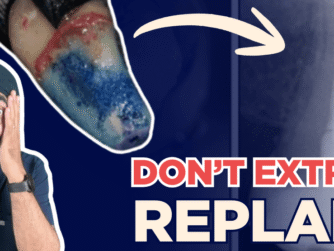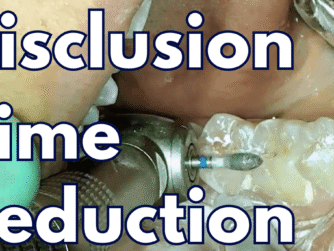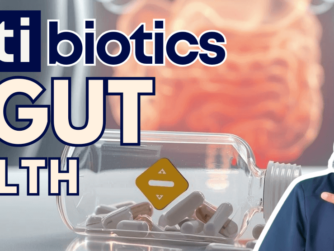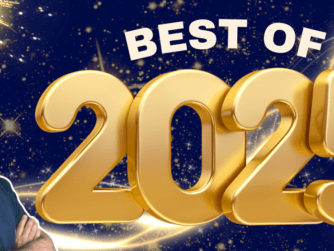Podcast: Play in new window | Download (Duration: 34:00 — 49.2MB)
Welcome back to another Interference Cast! Today’s episode is a bit unique—for once Jaz wasn’t the one asking the questions. Instead, he had the pleasure of being interviewed by the a cool dental student, Nav Bhatti.
During the interview, we explore Jaz’ story, origins, and what fuels his passions. It’s a deep dive into who he is and what drives him. Plus, he shared insights into one of his top strengths, according to Tom Rath’s Strengths Finder 2.0: being a learner. Join us as he discusses the importance of focusing on our strengths and the joy of continuous learning and sharing.
Need to Read it? Check out the Full Episode Transcript below!
Highlights of this episode:
- 6:51 Get to know about Jaz Gulati
- 8:35 Jaz’s Journey in Dentistry
- 11:49 Ensuring Quality in Dentistry vs Income
- 15:33 Highlights and Challenges in Studying Journey
- 18:42 Advice for Dental Students: Balancing Academic and Social Well-being
- 21:18 Journey to the World of TMD
- 26:36 Difference between TMD and TMJ
- 28:13 Q&A: Dentistry and Kids – is it possible?
- 29:12 Why is Dentistry better than Medicine?
We recently took a bold business risk, urging subscribers to cancel with the ‘Old App’ and switch to Protrusive Guidance for a sleeker, more user-friendly experience. The response from the Protruserati has been overwhelmingly positive. It’s our free Community!
We also offer paid plans for educational content and CPD options. Students, stay tuned for exciting updates coming soon! Join us on Protrusive Guidance for the home of the Nicest and Geekiest Dentists in the World!
If you loved this episode, be sure to check out Value Your Skills – How to Stop Underselling Yourself – AJ006







